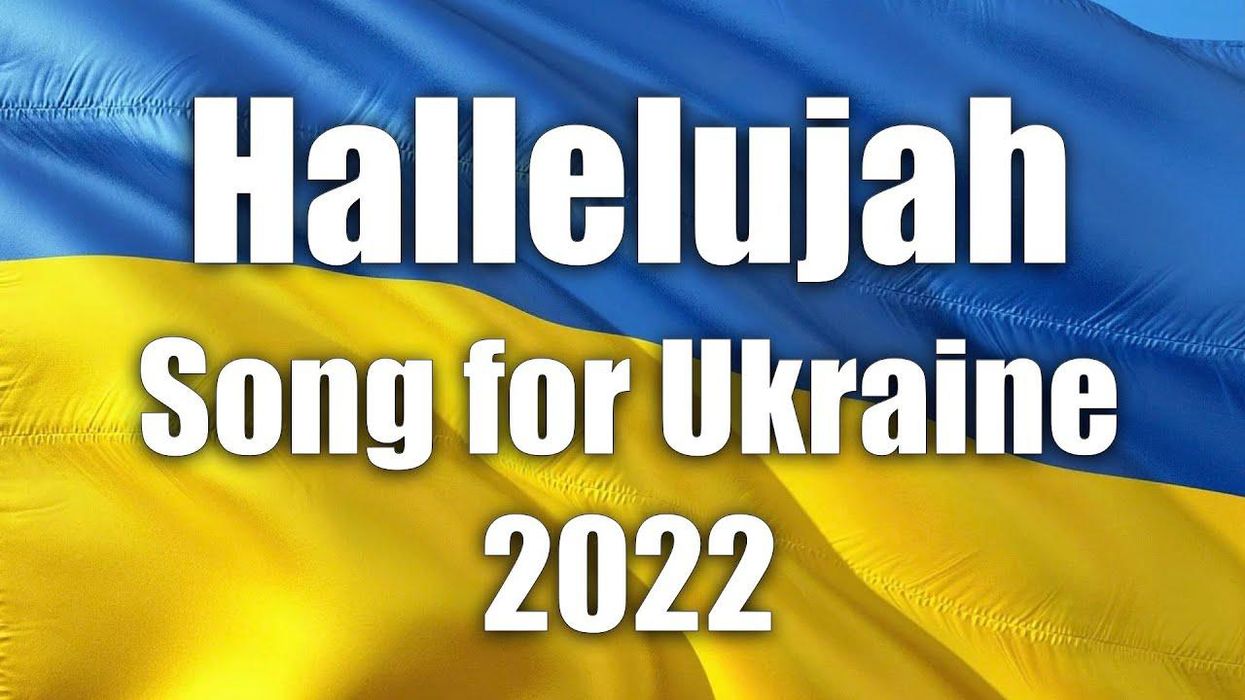So often in our history horrific and unforeseen events bring us together as a nation. That is happening today with the united condemnation of Russia’s attack on Ukraine.
As we all search for the answer that might solve this humanitarian crisis, artists are adding their voice. One such artist is Shirely Serban, known best for her humor and satire. She recently said the crisis in Ukraine moved her to rewrite the lyrics of Leonard Cohen’s 1985 song “Hallelujah.”
Serban spoke of her motivation for writing the song:
“I know that I'm more known for funnier songs, but with recent events, it's hard to find humor. I played with the lyrics of Leonard Cohen's 'Hallelujah' yesterday — all about trying to find joy in the midst of all this, then recorded it with my guitar this morning. Ukraine is very much in my heart at this time. This song is for all unwittingly caught in the conflict there. Also remembering the very many in Russia who want nothing to do with this, including those who are putting their own lives in danger through protesting. And not forgetting victims of war and unrest around the world today — you are not forgotten.”
The word “hallelujah” comes from the word “hallelu” in the Hebrew Bible, where it represents a shortened form of the unspoken name of God. Overtime “hallelujah” has become a refrain in times of celebration, mourning, regret, catharsis and reconciliation.
Today is one of those times.
Serban’s “Hallelujah” helps us all as we all try to find some hope and joy in the midst of this crisis. And perhaps it will inspire people.
“I'm well aware that a song doesn't stop the guns and tanks, but it can help people voice what is hard to do otherwise. And that might lead to action. For those who pray, they may pray more. For those who petition others in power, it might lead to a renewing of that. Or giving to charity, or just being mindful of others around the world. I've had people commenting who are going to Ukraine to help defend it. But really, the song at essence is a statement of shared sorrow,” she said.




















